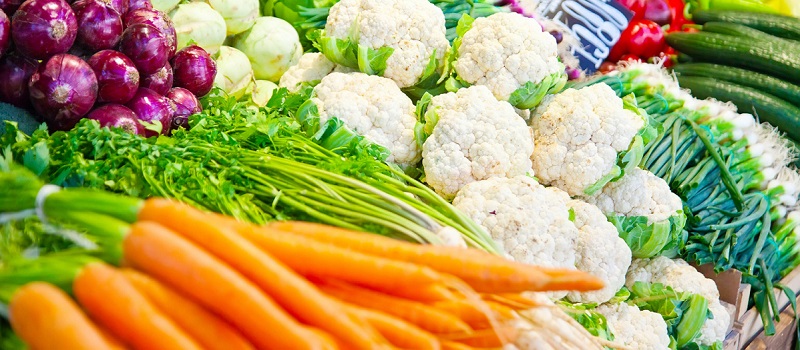Representatives of over 60 vegetables value chain-associated institutions and networks have called for the establishment of a dedicated funding arrangement to help horticultural businesses meet both domestic and continental vegetable demand, especially for those vegetables that the country has a competitive and comparable advantage in producing.
The proposed Horticultural Support Facility, they said, should be part of a broader value chain policy that will help the local horticultural sector withstand the threats associated with the implementation of the African Continental Free Trade Area (AfCFTA) agreement.
“This will mitigate the threats to infant local industries, which are likely to collapse with the influx of cheaper commodities produced at low capital cost from all over the continent—coupled with Ghana’s poor fiscal and investment policy arrangements,†said a communiqué that they issued after a workshop in Accra.
A functional value chain policy for the vegetable sector can facilitate economic growth, improved livelihoods and income as well as improved nutrition and enhanced industry performance. These are critical to achieving food security for Africa’s increasing population, they further argued.
Ghana’s vegetable sector is constrained by fragmented value chain linkages and weak coordination amongst value chain actors, coupled with post-harvest issues of underdeveloped storage, processing and market systems.
But according to the group, the presence of a workable value chain policy with the right support systems that facilitate trade can revitalise the sector to improve health outcomes, promote food security and reduce poverty.
“We agree that local, continental and global trade are vital to generate demand and connect producers to consumers, as they facilitate the supply of horticultural commodities. Urgent action to end hunger, achieve food security and improved nutrition, and promote sustainable agriculture within the vegetable sector is, therefore, extremely crucial,†the group asserted.
To promote the sector, the association also entreated the government to establish industrialised agri-parks and national agricultural technology development centres across the country to serve as the hub for local and exportable green-certified fresh and processed horticultural commodities.
The one-day workshop was convened by the Agency for Health and Food Security (AHEFS) with support from BUSAC Fund and its partners DANIDA and USAID on the theme, “Systems Approach to Vegetable Value Chain Policy, Pandemic Response and AfCFTA Agreementâ€.
The AfCFTA initiative will launch a single market for Africa in which member countries will liberalise up to 90 percent of their goods trade over a five-year period. The initiative is expected to boost intra-Africa trade, which is presently low, and increase the continent’s industrialisation.
Source : Business24





